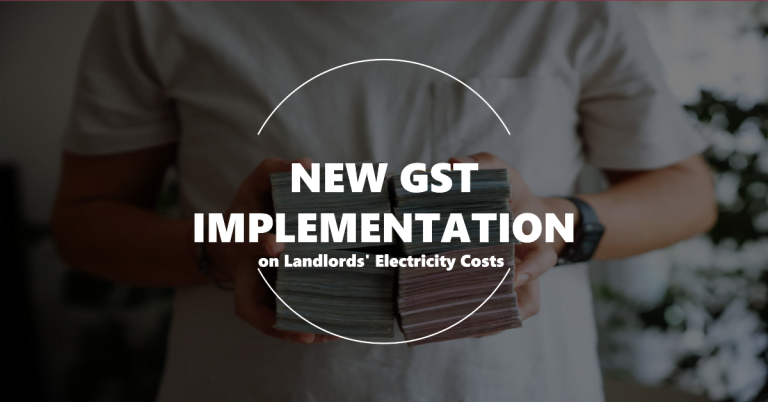Although purchasing your first home is an important life milestone, it can also be difficult and stressful. Although it requires a significant financial outlay, it might be a wise investment in the future. Finding the ideal house that meets your needs and budget, navigating the housing market, and comprehending the home loan application process can be quite daunting. However, you can make the most out of your first home purchase if you have the right advice and are prepared. We’ll give you 10 first-time homebuyer tips in this extensive guide to help you through the process.
Examine Your Money Setting a budget is essential before you even begin to look at houses. You’ll be able to reduce your options and stay optimistic by doing this. To determine how much you can afford to spend on a home, consider your income, expenses, and other financial aspects. Your down payment and any other expenses, like closing costs, related to the home-buying process should also be taken into account.
Determine Your Desires and Needs It’s crucial to consider your future needs when purchasing a home. Make a list of the features, location, size, number of bedrooms, and outdoor space that are most important to you in a future home. Make sure the house you choose can accommodate your long-term plans by thinking about them. This will assist you in focusing your search and enabling you to make an informed choice.
Select the Proper Spot When it comes to real estate, location is everything. Think about how close the job, schools, shops, and other facilities are. Consider the neighborhood and the standard of living you desire. Your home’s value can rise and future sales will be simpler if it is in a desirable location. You should also take into account any other locations you frequently visit as well as your commute to work.
Take Assistance of a Reputable Real Estate Company In the process of locating the ideal house, a competent real estate agent can make all the difference. You can avoid wasting time and effort by dealing with a trustworthy and knowledgeable real estate agent. Choose a real estate agent with a solid reputation in the neighborhood and experience selling the kind of property you are interested in. They can assist you in locating homes that fit your requirements and price range, give you insightful information about the neighbourhood real estate market, and help you through the entire purchasing process.
Think About the Resale Value It’s crucial to take the resale value into account, even if you intend to stay in your house for a long time. Seek for real estate in upscale areas with top-notch amenities and schools. Take into account the state of the house and whether much maintenance will be needed in the future. A well-priced home can yield a healthy return on investment.
Never Ignore the House Inspection An essential step in the home-buying process is a home inspection. It can reveal any hidden problems that could end up costing you a lot of money in the future with the property. Engage a real estate agent who can perform an extensive inspection of the property and furnish you with a comprehensive report outlining any concealed issues.
Examine Every Document There will be a ton of paperwork involved in the purchase of a home, from the purchase agreement to the closing documents. Make sure you thoroughly review every document a real estate agent provides you with during the paperwork process, and if you have any questions, don’t hesitate to ask for clarifications. It is crucial to go over and comprehend every bit of information contained in the documents. Above all, confirm that the property is registered with the RERA.
Take Your Time Making a Decision Don’t rush into buying a home because it’s a significant decision. Take your time in your search for the ideal home that fits your needs and budget. To be sure you’re making a wise investment, do your homework. If something about a property doesn’t feel right or doesn’t meet your needs, don’t be afraid to leave.
Think About the Long-Term Financial Effects Purchasing a home is a long-term commitment, so it’s critical to think through the financial effects of the purchase over time. You should consider other costs such as property taxes and maintenance when assessing your ability to afford a specific property.




